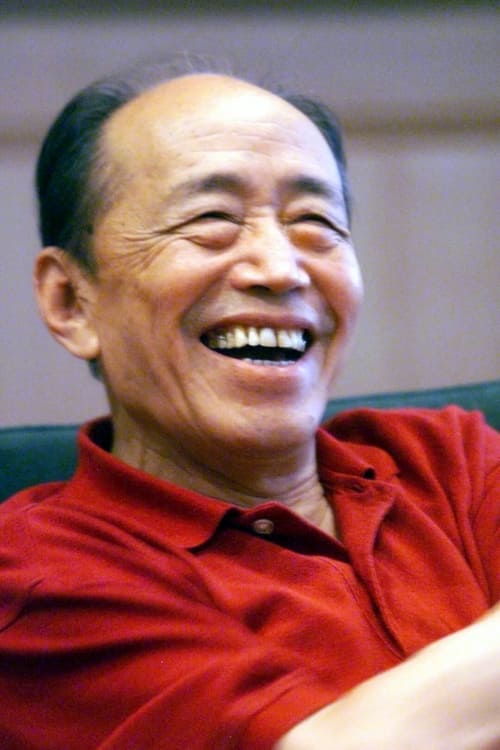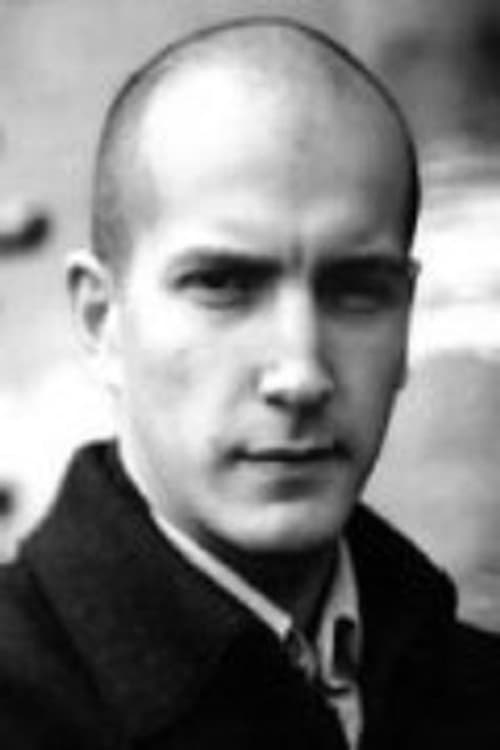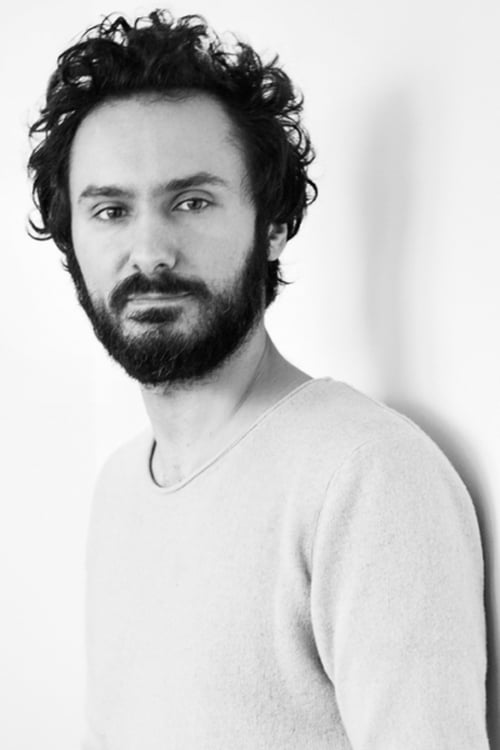We'll Meet in Heaven (2009)
ジャンル : ドラマ
上映時間 : 1時間 25分
演出 : Jiang Wenli
脚本 : Jiang Wenli
シノプシス
In China, during the Cultural Revolution, a young girl's parents are thrown in jail for ten years. She is raised by her grandfather. He introduces her to gymnastics where she does her best to fit in with the others.

Young student Bai Xuemei is cheated and sold as a wife by human traffickers to a remote village. Raped and beaten, she leads the life of a sex slave and child-bearer with no hope of escape because of the villagers apathy and selfishness.
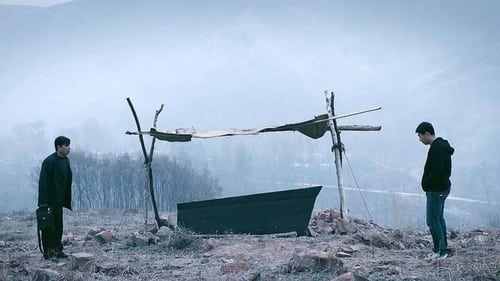
An unrecognizable, charred corpse discovered in a remote mountain village in China connects three local stories.
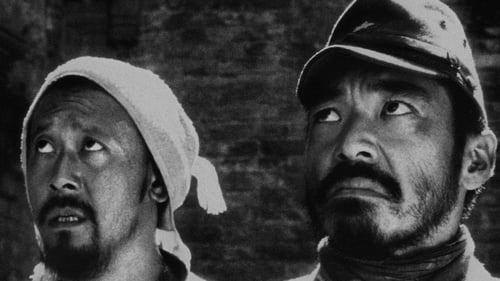
During the Japanese occupation of China, two prisoners are dumped in a peasant's home in a small town. The owner is bullied into keeping the prisoners until the next New Year, at which time they will be collected. The village leaders convene to interrogate the prisoners. The townspeople then struggle to accommodate the prisoners. One is a bellicose Japanese nationalist, the other a nervous translator. Will the townspeople manage to keep the prisoners until the New Year?

A haunting, tragic love story about the aftermath of the American War in Vietnam, and the long-term effect it had on ordinary people's lives. Set in a border town between China and Vietnam, it is a universal story that could be about any war, in any country.

The real life of a low-income family living in the southern part of Beijing, which mainly lives on social benefits.
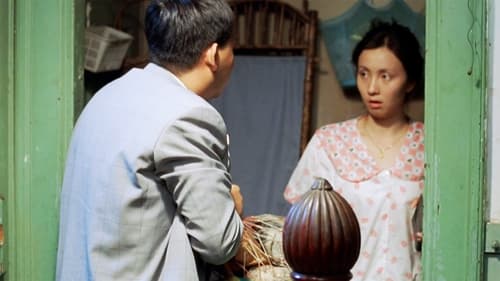
A satirical comedy about a country bumpkin who goes to the big city, and ends up teaching the cynical city folk a few lessons about basic human decency. The hero leaves home for the first time to go to Shanghai, to collect his lottery prize - a brand new apartment. However, when he arrives, he is told by the developers that his apartment block will take a year and a half to complete. He decides to find a job in Shanghai and wait for his apartment to materialise...

Director Zhang Junzhao's superbly tense revisionist war film (featuring striking cinematography from future Fifth Generation standard bearer Zhang Yimou) is widely considered to be the first work of Mainland Fifth Generation cinema.
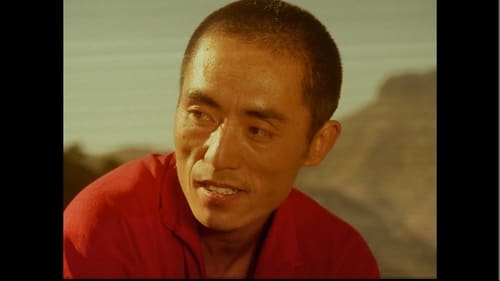
A married village worker teams up with an old girlfriend to try to dig a well for his water-starved village. The well collapses and they are trapped. Their enforced confinement leads to them exploring their feelings for each other and those around them.

Chen Chuan (Francis Ng) is a simple man who seems to be cursed with bad luck all the time. Convinced by a blind fortune teller that he must eliminate the "villain" that is bringing him the ills, Chen vows to kill the person responsible for his misfortunes. But he soon has second thoughts when he suspect that the "villain" is none other than his own wife.

Guan Jian wants to report the murder of his father who died 10 years ago. The alleged murderer whom Guan Jian accuses of the crime is his own mother.

The film follows a family in the central Chinese city of Chongqing made up of retired policeman Li (He Xingquan), his second wife Zhang (Guan Jiangge) and their two sons from former marriages. Neither of the younger generation are doing too well, with Li’s son Jianjun (Liao Zhong) working long hours as a taxi driver, putting strain on his new marriage, and Zhang’s son Xiaolei (Xu Tao) running wild with a gang of hooligans. After Li is sent the ashes of his ex-wife, he begins the search for a new family burial plot, at the same time trying to hold their lives together.
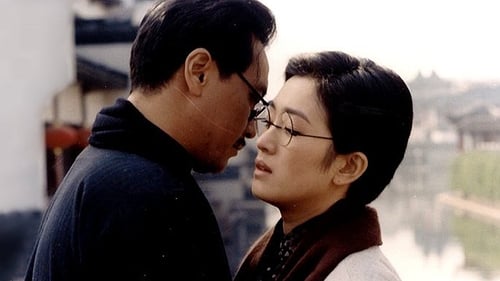
At the beginning of the twentieth century, Yu-liang leaves a brothel in a small Chinese town, to become the second wife of Mr. Pan. While Pan is away at the revolution in Yunnan, Yu-liang learns to paint and takes art classes at the Shanghai Art Institute, until it is closed for painting nudes. Because she cannot bear him a son, Yu-liang leaves Pan to his first wife, and studies art in Paris, where she wins an award for a nude self-portrait. She returns to join Pan in Nanking in the 1930's, and becomes a Professor until it is discovered that she came from a brothel. She returns to Paris to live the rest of her life there, and finally gains a major exhibition of her work.

This love story is disguised as a road drama and a crime story with all the twists and turns along the way. Aptly directed by Shi Runjiu, with engaging cinematography that matches the feel of the story, All The Way involves many stories of many people surrounding one goal—find the guy who’s got the goods.
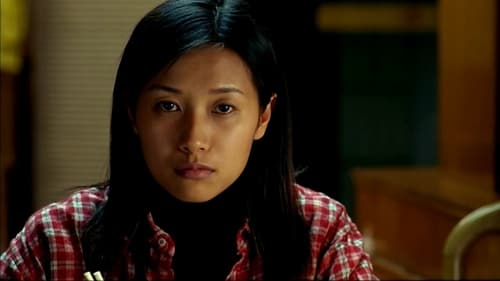
After Xiao Yu's mother died in an accident, she moved back to live with her birth father who she knows little about. Gradually, they grew to know each other and to accept each other for who they are.
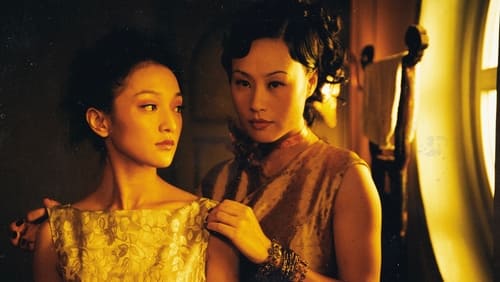
Set in 1948 against the backdrop of Communism's rise, "Fei" is the story of two sisters--Fei and Ying--bound together by the will of their late father, a legendary business entrepreneur, and their shared love for a charismatic ex-boxer, Huang. They are two women whose paths have been dictated by the often cruel decrees of the men their lives--two women who must somehow transcend that influence...or lose everything.
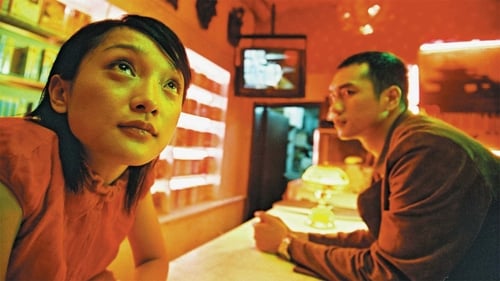
Liu Zhi, a young man, depressed and trapped in a loveless marriage with a dominating girl, meets Baober (an ageless young girl) on a Beijing street one day. They fall in love and start to live a strange, mysterious life....

This is a story about seven female prisoners each with different backgrounds, living within the one prison. At the beginning of the story, a new inmate Ding Qing Er arrives with tears streaming down her face, but told that it's too late to cry. The story continues to slowly reveal the lives of the female prisoners, and each of their struggles to have ended up where they are today. There's the mother who's husband keeps giving false promises of taking her and her child to America; the prostitute who was raped; the lesbian who was given up and betrayed by the Red Army; among others, and there's also Qing Er, who is in jail for theft after stealing costly medicine from the hospital for her dying husband. Through the lead of each other and also the kind hearted guards, they learn to form an unbreakable bond, and a way of dignity.

Yun Fei, a young poet, seeks the advice of an old university friend who lives in the Beijing suburbs, discovering that his friend has gone into business breeding black chickens. Discouraged about his future as a poet, Yun Fei starts a relationship with a colorblind young girl who encourages him to persevere. But even this new relationship is not enough to inspire him to write. It’s at this point that he buys a pirated record whose magical powers bring him the success he’s longed for. However, sudden fame does not seem to solve everything. The first film of Beijing theatre director Meng Jing Hui, Chicken Poets is an insightful and poetic look at materialism and the younger generation in China.

Six young urbanites who haven't seen each other for four years spend the weekend together on the banks of the Yangzhe river to escape the hustle and bustle of Beijing city. However, even the solitude of their surroundings cannot stop old tensions from resurfacing between some of the characters. The air becomes especially charged when a friend of the six shows up without invitation. Now married and working as a policeman in a small town near Yangzhe river, the young man pines for Xiaobei, his old high school flame and one of the women in the group. But, the policeman's presence triggers feelings of jealousy in Xiaobei's fiance, leading to a troubling twist at the end.

Xu Daqin, a retired Chinese factory worker, returns to the remote Yunnan province, where he hopes to reconcile himself with the life and opportunity he passed up in this place 40 years ago.

